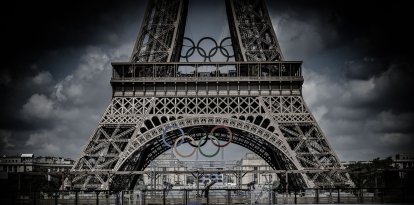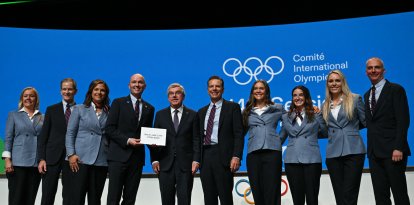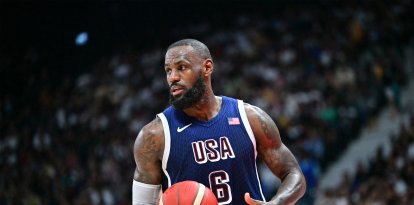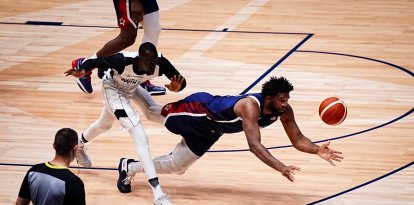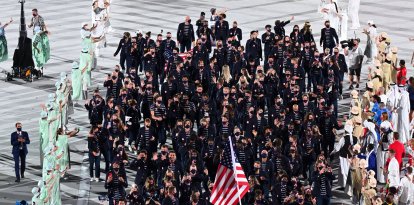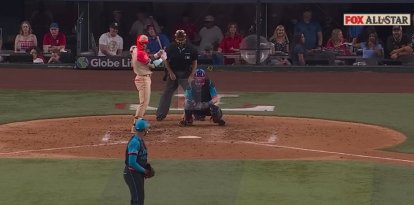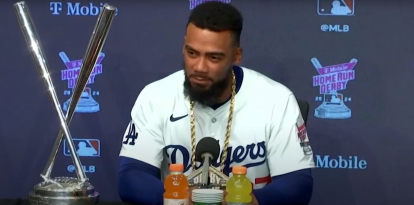Fluminense wins its first Copa Libertadores against a combative Boca Juniors
Goals from Cano and Kennedy led Fernando Diniz's great team to victory.
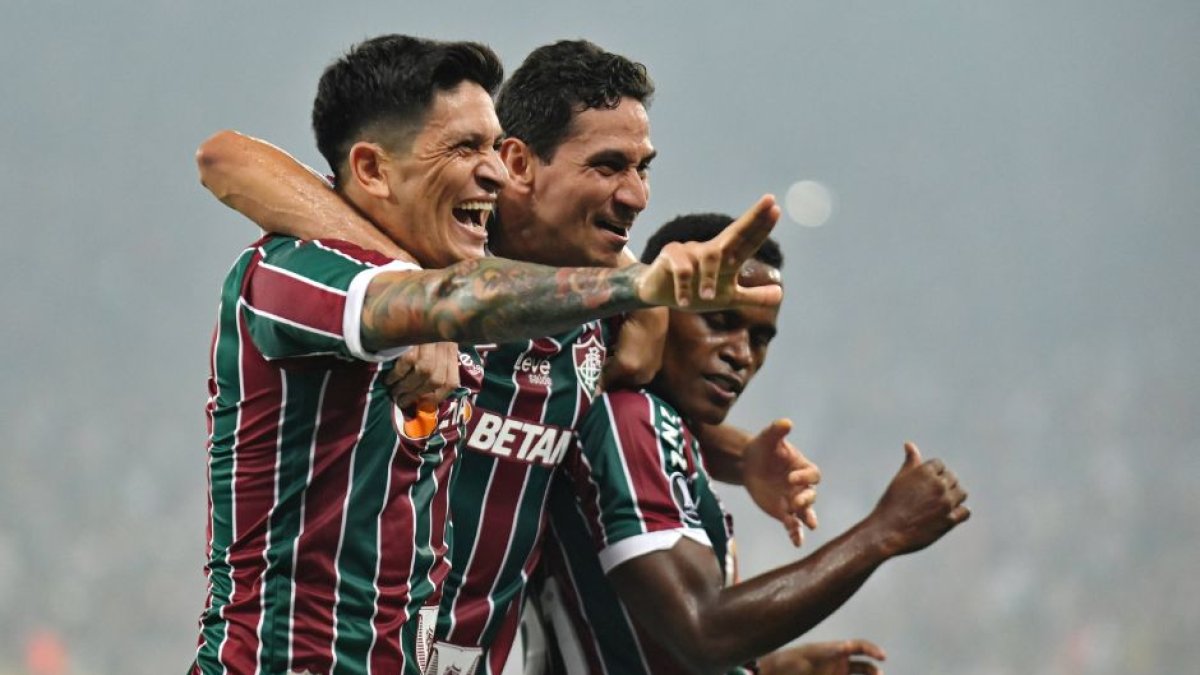
(Cordon Press)
Emotional and historical. At the Maracaná stadium in Brazil, Fluminense and Boca Juniors starred in one of the most exciting matches of the year in the final of the Copa Libertadores, the result of which was the fairest of all: the crowning of the best team on the continent as the champion of America.
The Fluminense of the tactical genius Fernando Diniz, led by the veteran player Germán Cano and the youthful John Kennedy, steered the fluzão to victory against a Boca team that played a very worthy final.
Boca, despite not having the imposing aesthetics of the Fluminense’s game, managed to play a very serious match by cutting off its rival’s circuits in interior areas and launching several transitions that made the legs of the Brazilian defenders tremble.
In fact, until minute 35, although Fluminense had monopolized possession thus far, Boca had had the clearest and most central approaches on goal in the match’s development. One from Merentiel, who finished in the middle of the goal defended by Fábio, and another play where Cavani could not position himself correctly to receive good clearance from Valentín Barco.
But despite Fluminense’s lack of clarity in the impact zone, at 35’ everything changed. Keno, the left wing, and Arias, the right winger, built a beautiful wall in the Colombian sector that destroyed the bostero defense. The deepening, already successful, ended with a cross-pass to the heart of the area that found the fearsome and inevitable monster of Diniz’s team: Germán Cano, that 35-year-old striker who never stops scoring goals and who signed his name at the Maracaná in the most important game of his career.
His movement, feinting a spike towards the back to leave the last line hanging and ending in a penalty spot, should be the first chapter in the center forward’s manual—a beautiful goal in the most competitive context possible.
From then on, with the scoreboard advantage, Fluminense flourished at times. The touches by Ganso, Melo, André, Marcelo, Nino, Arias, Samuel Xavier and many others, seeming as if they were playing a game on Copacabana beach, drove the Boca players crazy, as they couldn’t manage to dent the Fluminense’s dominance or reach their uncoordinated team as the clock raced on.
But, in the absence of a clear team vision, which in difficult moments allows a team to self-reflect and understand how to continue, Boca grew stronger by clinging to the talent and personality of several of its players. Equi Fernández, the “Goose,” seemed fed up with the fluzão midfielders playing and went to his own area to make his team play. From that moment on, Boca believed in and had faith in its ability to make plays happen and its good footwork, and was able to detect the weak point of Diniz’s team: suffering when they didn’t have possession of the ball.
When Boca began to improvise passes, based on the inventiveness of Equi Fernández, Pol and Medina, plus the bravery of Fabra and Advíncula, Fluminense felt uncomfortable and even vulnerable. The match entered a period of lack of control and uncertainty, with the fluzão receding and Boca moving forward like a force driven by nature more than by its soccer.
In the second half, Equi tried, and Fábio stopped, but then came the unexpected: Advíncula, a right-back who feels left-footed, took advantage of Marcelo’s passivity and with his “bad leg” was able to put together an unstoppable shot with a thirst for glory that unblocked the Boca fan’s throats. It was a fair 1-1 score because Boca had bravely come out to play in the second half, and in soccer, the courage to play under the table is usually paid for with goals.
It was the ideal change of scenery for the Argentine team. The problem for Boca was that its opponent had greater firepower on the bench, with a weapon named John Kennedy.
Just like against Internacional in the semis or Olimpia in the quarterfinals, Kennedy was the solution for Diniz’s team. A young forward with the speed and power necessary to terrify rivals and change dynamics.
A couple of his interventions were enough for Fluminense to believe again in everything that had brought them to the final. It was the beginning of the end for Boca, who could have, if not for a few inches, achieved an epic comeback with a strong right from Merentiel that brushed by Fábio’s left post.
But when extra time came, it was Kennedy himself who sealed the story of a changing final. The play was exquisite: a lob pass into the area, left to the forward, and a furious right-footed shot by young John that amounted to the goal of his career.
The action was just as furious as the celebration, which led to the expulsion of a previously reprimanded Kennedy.
But the controversy remains an anecdote. Boca also suffered the expulsion of Fabra minutes later and, with great pride, managed to put Fluminense against their area. But there was a lack of lucidity and a bit of hierarchy in the final minutes to try to force, once again, a penalty shootout that would make Romero shine.
But it didn’t happen. Fluminense, the best team on the continent, made history: it won its first continental title and asserted something even more fundamental: the validity of the tactical game.














